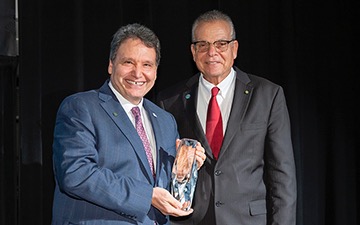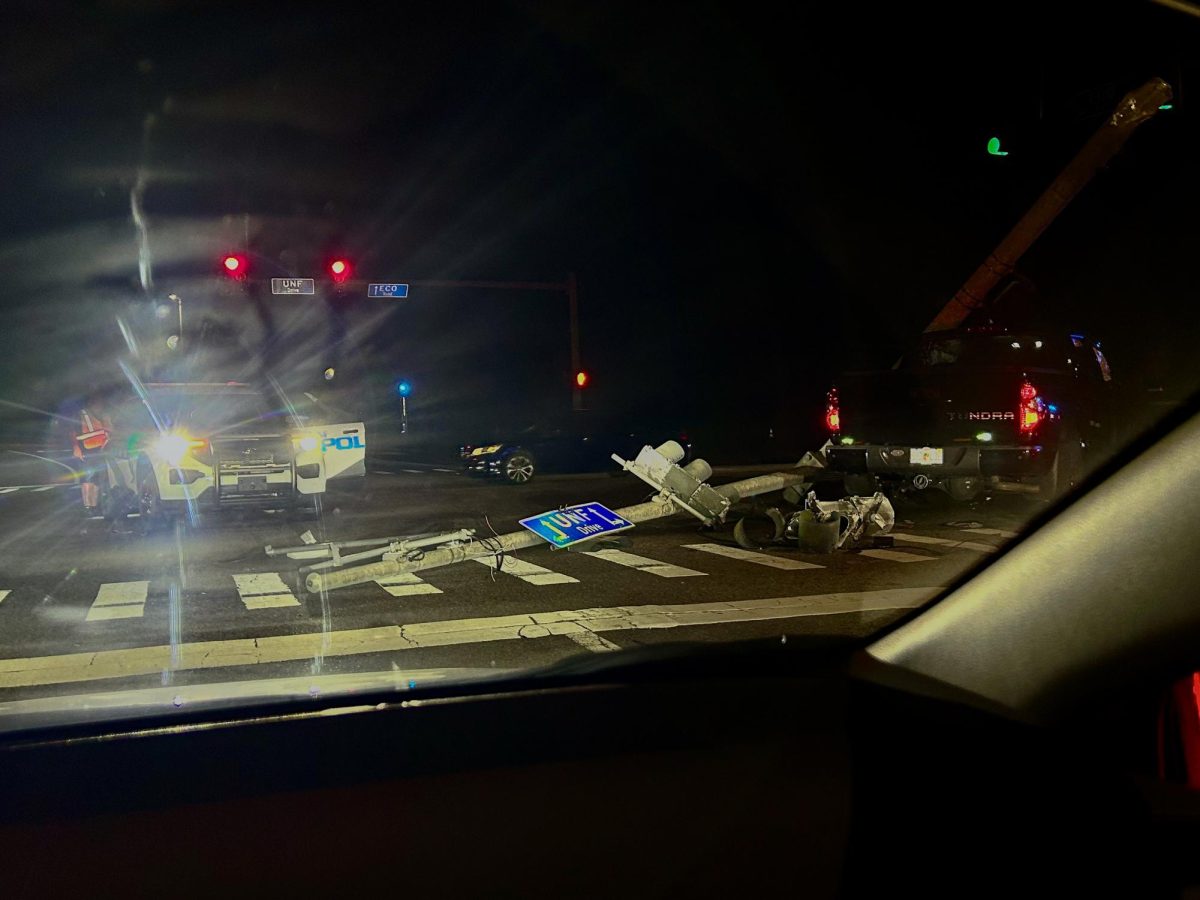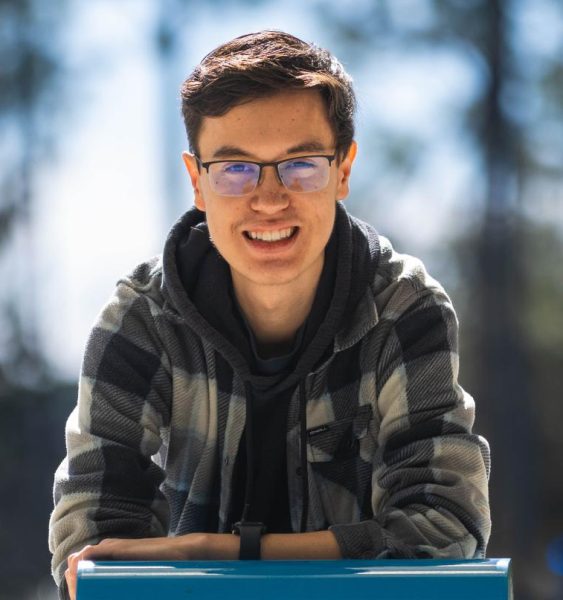On April 28, the Supreme Court deliberated a case that could set a new standard for first amendment rights in public schools. America’s highest court heard the case of a high school student who was punished for posting a profanity-ridden message on social media after she was rejected from the school’s varsity cheerleading team.
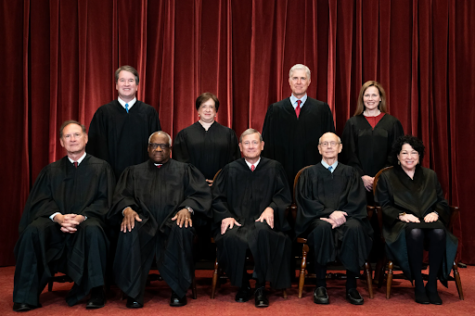
In 2017, 14-year-old Brandi Levy was declined from the varsity cheerleading team at the Mahanoy Area School District in Pennsylvania. Levy posted a picture on Snapchat of her and a friend-raising their middle fingers with the message, “F**k school f**k softball f**k cheer f**k everything.” Both students were off-campus at the time.
A fellow student screenshotted Levy’s message and shared it with the coaches of the cheer squad. She has kicked off the junior varsity squad and her parents sued the district in federal court. Levy won twice, was reinstated to the team, and graduated last spring.
A federal district court ruled in favor of Levy back in 2019, finding that the speech used was not disruptive enough to warrant disciplinary action. The Philadelphia-based US Court of Appeals for the 3rd Circuit furthered this decision and found that Tinker does not apply to off-campus speech.
The court wrote that “the primary responsibility for teaching civility rests with parents and other members of the community […] Otherwise, we give school administrators the power to quash student expression deemed crude or offensive — which far too easily metastasizes into power to censor valuable speech and legitimate criticism.”
With the landmark first amendment case in 1969, Tinker v. Des Moines, the Supreme Court’s majority ruled that neither students nor teachers “shed their constitutional rights to freedom of speech or expression at the schoolhouse gate.” The Court took the position that school officials could not prohibit only on the suspicion that the speech might disrupt the learning environment.
Representing Levy, attorneys for the American Civil Liberties Union (ACLU) argued that applying this same standard beyond the school itself would give school officials unnecessary power.
“The fear is that by extending Tinker, it will allow schools to regulate what you could call socially useful speech,” said Witold “Vic” Walczak, legal director of the ACLU of Pennsylvania. “Anything that is critical, potentially offensive, politically incorrect, challenges the status quo, is potentially disruptive.”
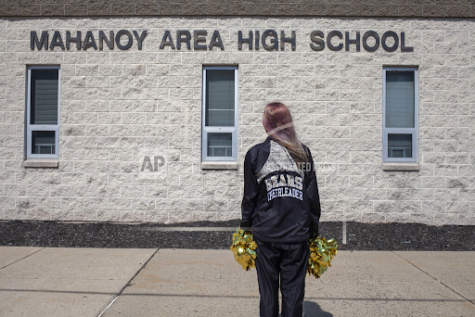
Nearly two hours of debate took place as the court deliberated where and how to draw this line.
“Can you punish the student for cursing at home at her parents? Can you punish her for cursing on the way to school?” Justice Sonia Sotomayor questioned. “If you can’t punish for that, you can [punish] for her doing it on the internet?” she said skeptically.
Justice Brett Kavanaugh said that he was “bothered” as a “judge and coach and parent, too,” by the punishment. “She’s competitive. She cares. She blew off steam as other kids do,” he said. “It didn’t seem the punishment was tailored to the offense. . . A year suspension from the team just seems excessive to me.”
On the other hand, both Justices Elena Kagen and Amy Coney Barrett brought to question potential threats to schools with cheating and student threats of violence that could take place electronically off-campus. Kagan suggested that school officials may have to do “what’s necessary for a school’s learning environment.”
Agreeing with that view, Justice Samuel Alito voiced his concern for cyberbullying asking, “Is there anything a school could do about that?”
ACLU attorney David Cole told the court that communities across America have already put constitutional anti-bullying and anti-harassment legislation into place. He implored the Court to set a precedent that schools cannot police each students’ social media under the premise of potential disruption.
The Supreme Court is expected to release a decision on the case by the end of June 2021.
_____
For more information or news tips, or if you see an error in this story or have any compliments or concerns, contact editor@unfspinnaker.com.










